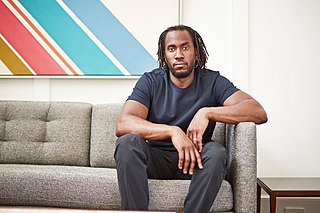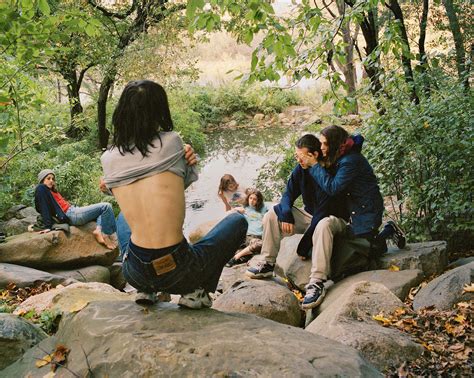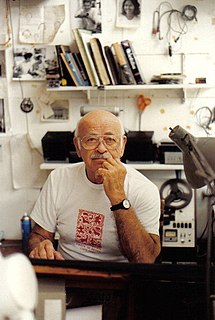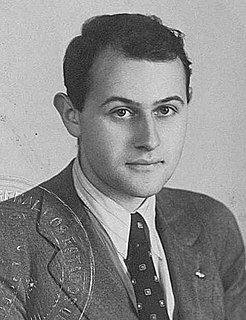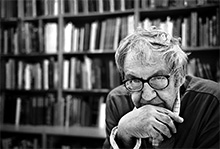A Quote by Sam Abell
"You know you are seeing such a photograph if you say to yourself, "I could have taken that picture. I've seen such a scene before, but never like that." It is the kind of photography that relies for its strengths not on special equipment or effects but on the intensity of the photographer's seeing. It is the kind of photography in which the raw materials-light, space, and shape-are arranged in a meaningful and even universal way that gives grace to ordinary objects."
Quote Topics
Related Quotes
To know whether photography is or is not an art matters little. What is important is to distinguish between good and bad photography. By good is meant that photography which accepts all the limitations inherent in photographic technique and takes advantage of the possibilities and characteristics the medium offers. By bad photography is mean that which is done, one may say, with a kind of inferiority complex, with no appreciation of what photography itself offers: but on the contrary, recurring to all sorts of imitations.
I don't know that there were any rules for documentary photography. As a matter of fact, I don't think the term was even very precise. So as far as I'm concerned, the kind of photography I did in the FSA was the kind of photography I still do today, because it is based on passionate concern for the human condition. That is the basis of all the work that I do.
The way in which the photograph records experience is also different from the way of language. Language makes sense only when it is presented as a sequence of propositions. Meaning is distorted when a word or sentence is, as we say, taken out of context; when a reader or listener is deprived of what was said before, and after. But there is no such thing as a photograph taken out of context, for a photograph does not require one. In fact, the point of photography is to isolate images from context, so as to make them visible in a different way.
I've never been the type of photographer to live with people I photograph. You know, shoot heroin with them, that kind of thing. I respect those photographers that work that way. But part of my personality is a certain amount of distance, and part of my attraction to the medium of photography is this distance where you're in the world, but you're removed from it.
The decisive moment, the popular Henri Cartier-Bresson approach to photography in which a scene is stopped and depicted at a certain point of high visual drama, is now possible to achieve at any time. One's photographs, years later, may be retroactively rephotographed by repositioning the photographer or the subject of the photograph, or by adding elements that were never there before but now are made to exist concurrently in a newly elastic sense of space and time.
[Photography] allows me to accede to an infra-knowledge; it supplies me with a collection of partial objects and can flatter a certain fetishism of mine: for this 'me' which like knowledge, which nourishes a kind of amorous preference for it. In the same way, I like certain biographical features which, in a writer's life, delight me as much as certain photographs; I have called these features 'biographemes'; Photography has the same relation to History that the biographeme has to biography.
I think I’ve said this before many times—that photography allows you to learn to look and see. You begin to see things you had never paid any attention to. And as you photograph, one of the benefits is that the world becomes a much richer, juicier, visual place. Sometimes it is almost unbearable — it is too interesting. And it isn’t always just the photos you take that matters. It is looking at the world and seeing things that you never photograph that could be photographs if you had the energy to keep taking pictures every second of your life.
We live in a world of empty spectacle, the world of spectacle rock, songs you can't remember, it's all about the expression of money, power and kind of empty and fascistic. Where technology has changed society, where people are not using their brains as much, not seeing the bigger picture but constantly looking down at the cellphone and not seeing the bigger picture. Today's songwriter need to be on outside, find their own trip if you will and find a way to connect from a place that no one has heard before. It might be taken as weird but that is what makes it unique.

